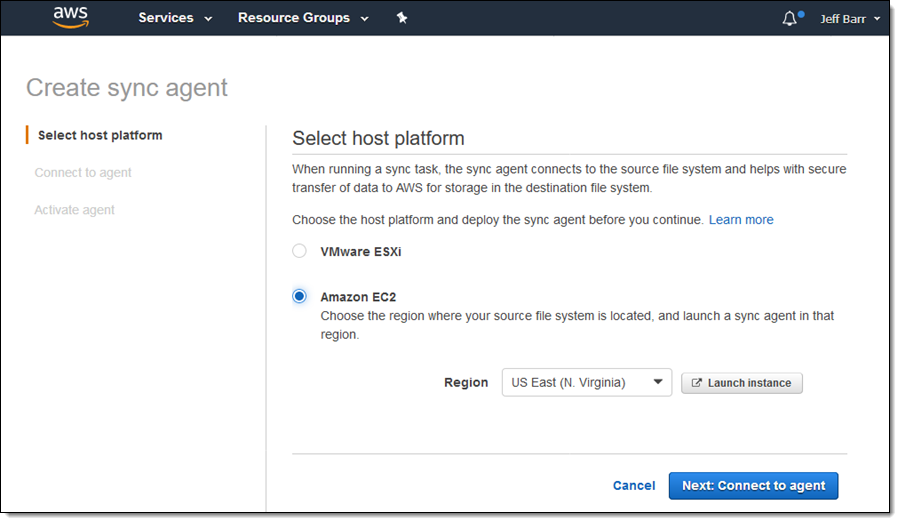Does H Pylori Go Away

Helicobacter pylori, commonly referred to as H. pylori, is a type of bacteria that primarily lives in the stomach lining. It’s a prevalent cause of ulcers in the stomach and small intestine, and its infection is associated with an increased risk of developing stomach cancer. The question of whether H. pylori goes away on its own or requires treatment is complex and depends on several factors.
Natural Clearance of H. Pylori
In some cases, H. pylori infection can clear up on its own without any treatment. This phenomenon is known as spontaneous clearance. Studies have shown that spontaneous clearance of H. pylori can occur, but the exact rates vary widely depending on the population being studied. Factors that might influence the likelihood of spontaneous clearance include the strain of the bacteria, the immune response of the host, and possibly the presence of other gut microbiota.
However, relying on spontaneous clearance is not recommended for several reasons. First, the rate of spontaneous clearance is generally considered to be low, meaning that most people infected with H. pylori will remain infected unless treated. Second, even if the infection were to clear on its own, the damage already done to the stomach lining, such as ulcers, may not heal without specific treatment. Lastly, the risk of developing more serious conditions, such as gastric cancer, remains as long as the infection persists.
Treatment of H. Pylori
The standard treatment for H. pylori infection typically involves a combination of antibiotics to kill the bacteria and drugs that reduce stomach acid, allowing the stomach lining to heal. This approach is known as triple therapy or eradication therapy, and it’s highly effective in clearing H. pylori infections when used correctly. The choice of antibiotics may vary depending on resistance patterns in the region and the specific circumstances of the patient.
Treatment is usually recommended for anyone with a confirmed H. pylori infection, especially if they have or have had ulcers or if they are at increased risk of stomach cancer. The decision to treat should be made in consultation with a healthcare provider, who can assess the individual’s risk factors and overall health status.
Prevention of H. Pylori Infection
While there’s no foolproof way to prevent H. pylori infection, certain practices can reduce the risk. These include:
- Good Hygiene: Regular hand washing, especially after using the bathroom and before eating.
- Clean Water and Food: Avoiding consumption of contaminated water and food.
- Avoiding Close Contact: With someone who has an H. pylori infection, as the bacteria can be spread through close contact with an infected person’s saliva, vomit, or feces.
Diagnosis of H. Pylori
Diagnosing H. pylori infection is crucial for guiding treatment. Several methods are available for diagnosing H. pylori, including:
- Breath Test: This measures the amount of carbon dioxide in the breath that is produced by H. pylori bacteria.
- Stool Test: This detects H. pylori bacteria in the stool.
- Blood Test: This checks for antibodies against H. pylori in the blood.
- Endoscopy: A procedure where a flexible tube with a camera is used to look inside the stomach and take a biopsy, which can then be tested for H. pylori.
Conclusion
In conclusion, while H. pylori infection can potentially clear up on its own, this is not a reliable or recommended approach due to the potential for long-term complications, including ulcers and an increased risk of stomach cancer. Effective treatment is available and should be considered for anyone with a confirmed infection. Preventive measures, such as good hygiene and avoiding contaminated food and water, can reduce the risk of acquiring the infection. If symptoms persist or if there’s a suspicion of H. pylori infection, consulting a healthcare provider for proper diagnosis and treatment is essential.
What are the common symptoms of H. pylori infection?
+Common symptoms include abdominal pain, bloating, nausea, and vomiting. However, many people with H. pylori infection may not have any symptoms at all.
Can H. pylori infection be prevented through diet?
+While diet alone cannot prevent H. pylori infection, certain foods may help reduce the risk or alleviate symptoms. These include foods high in antioxidants and those that have antimicrobial properties. However, prevention primarily relies on good hygiene and avoiding contaminated food and water.
How long does it take to recover from H. pylori treatment?
+Recovery time can vary, but most people start feeling better within a few days to a week after starting treatment. It's crucial to complete the full course of antibiotics as prescribed to ensure the infection is fully cleared.
Can H. pylori infection come back after treatment?
+Yes, it's possible for H. pylori infection to recur after successful treatment. This can happen through reinfection from the environment or close contact with an infected person. Follow-up tests are often recommended to ensure the infection has not returned.
In the context of H. pylori, understanding the intricacies of the infection, from its potential to clear on its own to the importance of treatment and prevention, is crucial for managing the condition effectively. By recognizing the signs, symptoms, and the available diagnostic and treatment options, individuals can better navigate the challenges posed by this prevalent bacterial infection.



